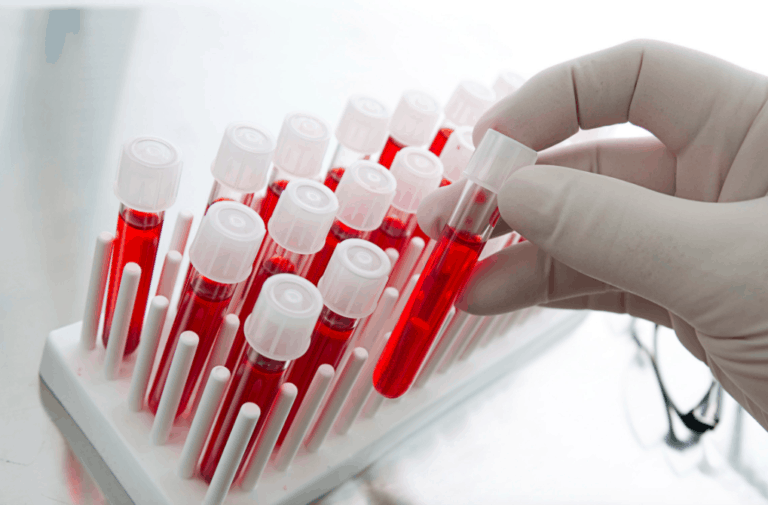Researchers have uncovered evidence that suggests using neem for prostate cancer treatment may be helpful. Specifically, neem (Azadirachta indica), which has a long history of use in Ayurvedic medicine, contains a compound called nimbolide, found in its leaves, seeds, roots, bark, and fruits. Nimbolide is a terpenoid lactone that has been credited with various attributes, including but not limited to anticancer, antibacterial, anti-inflammatory, antihistamine, antifungal, and as an analgesic.
Neem for prostate cancer treatment
Based on research conducted in Singapore, it appears nimbolide has an ability to shrink prostate tumors by as much as 70 percent and suppress the spread of cancer (metastasis) by about half when it is taken orally for three months. The investigators did not observe any marked side effects.
According to Gautam Sethi, PhD, the lead researchers and an associate professor of pharmacology at the Yong Loo Lin School of Medicine at the National University of Singapore, this new study showed that “nimbolide can inhibit tumor cell viability—a cellular process that directly affects the ability of a cell to proliferate, grow, divide or repair damaged cell components—and induce programmed cell death in prostate cancer cells.”
More specifically, nimbolide targets an enzyme called glutathione reductase, which plays a key role in maintaining a system that regulates a gene associated with prostate tumor growth and metastasis. Nimbolide can significantly suppress activation of this gene and therefore interfere with the growth and spread of prostate cancer.
In another study, investigators in India examined the impact of nimbolide in vitro (in prostate cancer cells in the lab). They discovered that the neem compound modified “the PI3K-Akt-m TOR pathway,” indicating it acts as a potent anticancer drug for treating prostate cancer.
Further research will explore use of neem and nimbolide as a treatment for prostate cancer both alone and combined with other prostate cancer drugs. Experts have pointed out that even though neem does not contain a high level of nimbolide, the compound is automatically available in either tea or supplement form.
Neem and other anti-cancer uses
Thus far, nimbolide has not been tested in humans. However, it has demonstrated anti-cancer potential in other studies as well, including a newer report of how it induced cell suicide (apoptosis) in pancreatic cancer cells. The compound also has shown promise in tackling non-small cell lung cancer and nasopharyngeal cancer.
Shop Neem Supplements on Amazon.com
References
Chien SY et al. Nimbolide induces apoptosis in human nasopharyngeal cancer cells. Environmental Toxicology 2017 Aug; 32(8): 2085-92
Kumar S et al. Nimbolide reduces CD44 positive cell population and induces mitochondrial apoptosis in pancreatic cancer cells. Cancer Letters 2018 Jan 28; 413:82-93
Lin H et al. Nimbolide suppresses non-small cell lung cancer cell invasion and migration via manipulation of DUSP4 expression and ERK1/2 signaling. Biomedical Pharmacotherapy 2017 Aug; 92:340-46
Raja SP et al. Inhibition of cell survival and proliferation by nimbolide in human androgen-independent prostate cancer (PC-3) cells: involvement of the PI3K/Akt pathway. Molecular and Cellular Biochemistry 2017 Mar; 427(1-2): 69-79
Zhang J et al. Nimbolide-induced oxidative stress abrogates STAT3 signaling cascade and inhibits tumor growth in transgenic adenocarcinoma of mouse prostate model. Antioxidants & Redox Signaling 2016; 24 (11): 575







